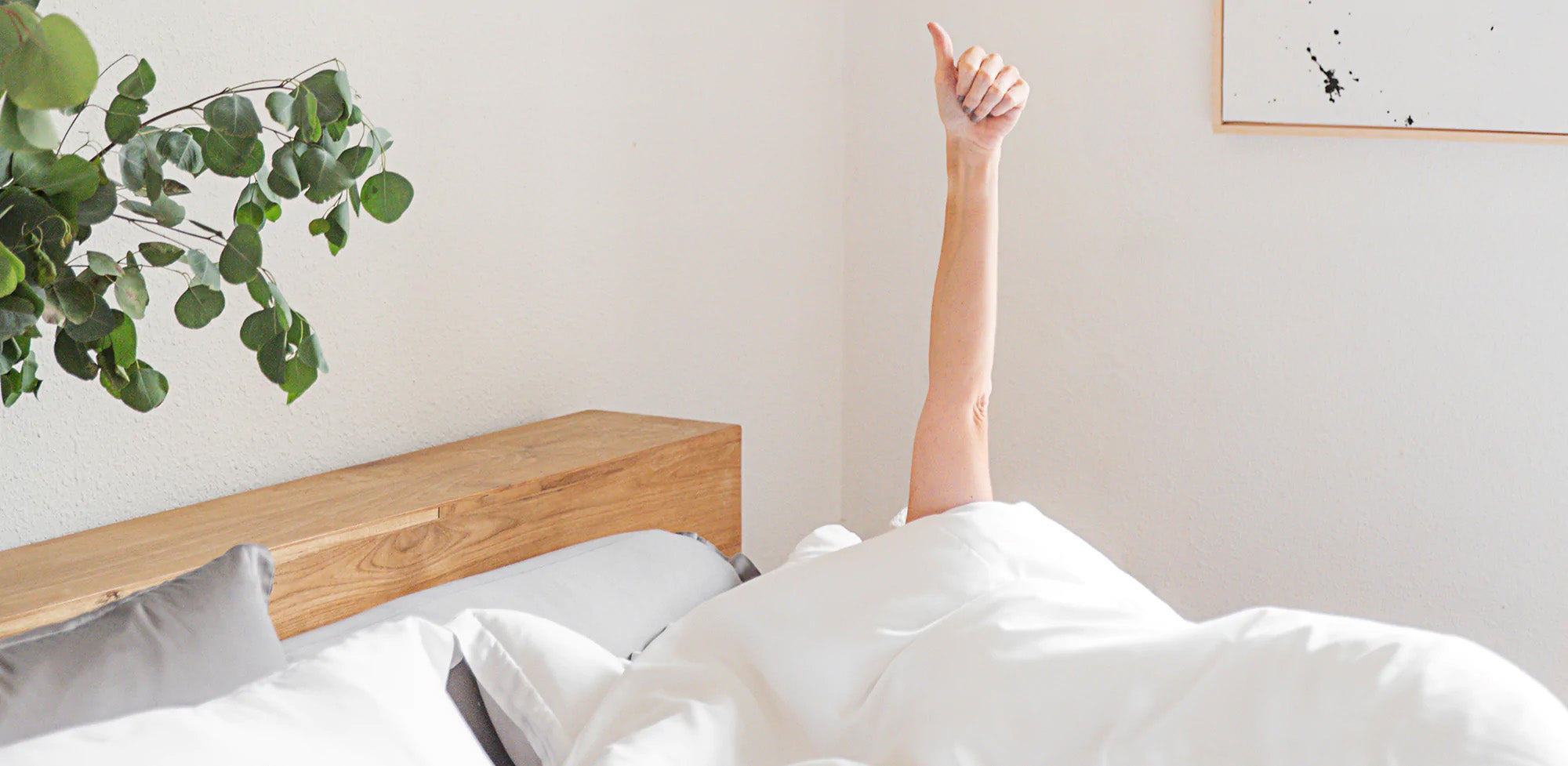Some myths about sleep sound so plausible and reasonable that many people believe them. Here are some of these myths and the correct facts for you.
1. Daytime sleepiness automatically means that someone isn't getting enough sleep at night. This is not always the case. While it is true that daytime sleepiness can be caused by lack of sleep at night, there are also many other common causes. Sleep apnoea and narcolepsy can result in daytime sleepiness, for example. Many other underlying medical conditions can cause a feeling of tiredness or exhaustion during the day, even if the person has had plenty of hours of sleep at night. Don't be too quick to dismiss a medical cause.
2. Snoring while asleep is normal. Snoring is indeed common, but that doesn't mean it's necessarily normal. Not only can snoring lead to interrupted sleep, but it can also be a sign of sleep apnoea, a more serious condition that needs treatment. Snoring should be investigated to rule out a medical problem.
3. People need less sleep as they get older. It's true that people often get less sleep as they become older, but they don't need less sleep. Many senior adults spend less time in deep restful sleep and awaken too easily. So older adults actually need more sleep - it's just harder to get it, due to sleeping more lightly. However, it is possible to get those extra hours of sleep through naps.
4. Your brain shuts down for rest while you sleep. The truth is that some brain pathways have heightened activity during sleep, particularly those needed for learning and memory. Secretion of specific hormones is also boosted, such as melatonin. Sleep is a necessary and important part of our daily lives - but it serves important functions beyond rest.
5. Children who get insufficient night time sleep will show signs of sleepiness the next day. Children are different to adults. An adult will seem tired the day after poor sleep. In contrast, a child will be more active the next day, have behavioural difficulties and a poor attention span. The child may as a result be misdiagnosed with ADHD, when in reality the problem is insufficient sleep.
6. You can cheat yourself of sleep by getting just one hour less per night without any effect on daytime functioning. Unfortunately, the fact is that getting just one hour less per night will impair your ability to think and to react quickly. This is true even if you don't actually feel tired during the day. Furthermore, getting one hour less of sleep can cause other problems which are not immediately obvious to you. One of these problems is a compromised immune system which is less able to fight infections, and another is poor cardiovascular health.
7. You should always avoid napping and get your sleep exclusively at night time. Actually, naps can restore your body and brain. Napping can be helpful health-wise, if you are able to have the time to do it. But if you do nap, you should not nap too long or too late in the day, as this can cause problems falling asleep at night.
8. Worry is the main cause of insomnia. It is true that specific worries or stresses can result in short term insomnia. However, long term insomnia usually comes about from other causes. Chronic pain, side-effects of certain medications, depression or anxiety are all known to cause insomnia. A new worry or stress should not be keeping you up at night in the long term, only the short term.
9. Your body adjusts quickly to new sleep schedules. Our biological clock has a number of mechanisms that all work together to make you feel sleepy at night. As a result, it is harder than you think to switch to a new sleep schedule (such as switching to night shift, or travelling across time zones). Yes, you can reset your circadian rhythms with appropriate cues, but only by about 1 or 2 hours per day. It can therefore take about a week for your whole body to truly adapt to a new sleep schedule, even if you feel functional.
10. If you lose some sleep during the week, you can make up for it by sleeping more on the weekend. While this approach may indeed help relieve a little of your sleep debt, it will not completely restore your lost sleep. Also, you simply won't function well during the week if you're not sleeping enough then, regardless of how much sleep you get on the weekend. Furthermore, remember that your biological clock takes time to adjust to sleep changes, so it's a bad idea to have an inconsistent sleep schedule like this.
11. You need eight hours of sleep to function optimally each day. Eight hours is just an average. The exact amount of sleep you need will differ from one individual to another. Therefore the key is to ensure you are consistent in attaining the level of sleep you need. For example, getting only 7 hours of sleep a night is not a problem for someone who doesn't need a lot of sleep. But getting 7 hours of sleep would quickly become a problem for someone who requires 8 hours of sleep.
12. It is bad for your sleep health if you wake up during the night. This is another case of an individualized situation. Some people do just fine waking during the night then going back to sleep; others don't. Many animals sleep in this fashion, and research has suggested that our ancestors may have also done so. The take-home message here is not to be concerned about night-time waking if you feel otherwise rested during the daytime. If, however, you have ongoing sleep difficulties or you wake up very frequently during the night, then this should be investigated further to rule out a medical condition.

13. You need sleeping pills if you suffer from ongoing insomnia. The truth is that sleeping pills are only designed for short-term insomnia. They are not designed for long-term use. Sleeping pills pose significant risks to long-term health and can have dangerous side effects. If you suffer from ongoing insomnia, then cognitive behavioural therapy and relaxation techniques offer healthier yet highly effective natural alternatives. Other medical conditions, especially ones affecting mental health, should also be looked into at this point. For example, sleeping pills will not solve the root cause of your insomnia if that cause is, say, depression or anxiety. Instead of treating the symptom (insomnia), the cause should be treated instead.
14. If you wake up during the night, you should count sheep to get back to sleep. Counting sheep can actually pose more of a distraction to the brain than a relaxation, so banish the sheep. Instead, practice relaxation techniques such as progressive muscle relaxation or imagining a serene environment.
15. Health problems such as hypertension and depression are unrelated to sleep problems. In contrast, research has shown that there is a much stronger link than was previously thought between sleep problems and health problems. For example, blood pressure typically decreases while someone is asleep, but if that sleep is interrupted then the blood pressure will not follow this normal decline. As a result, the person is then at higher risk of cardiovascular problems and hypertension. Sleep is much more important than many people think, and impacts all areas of our lives.










